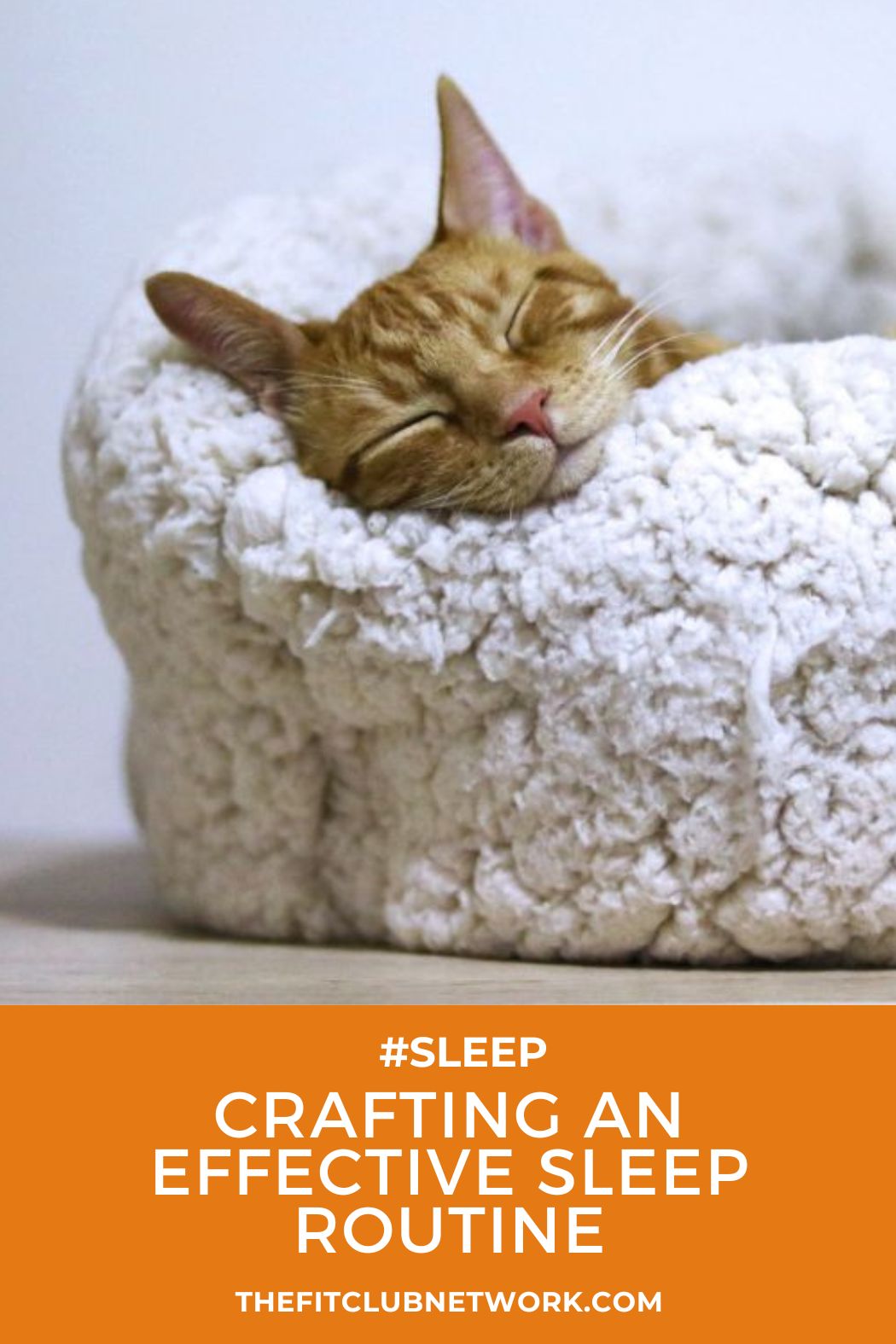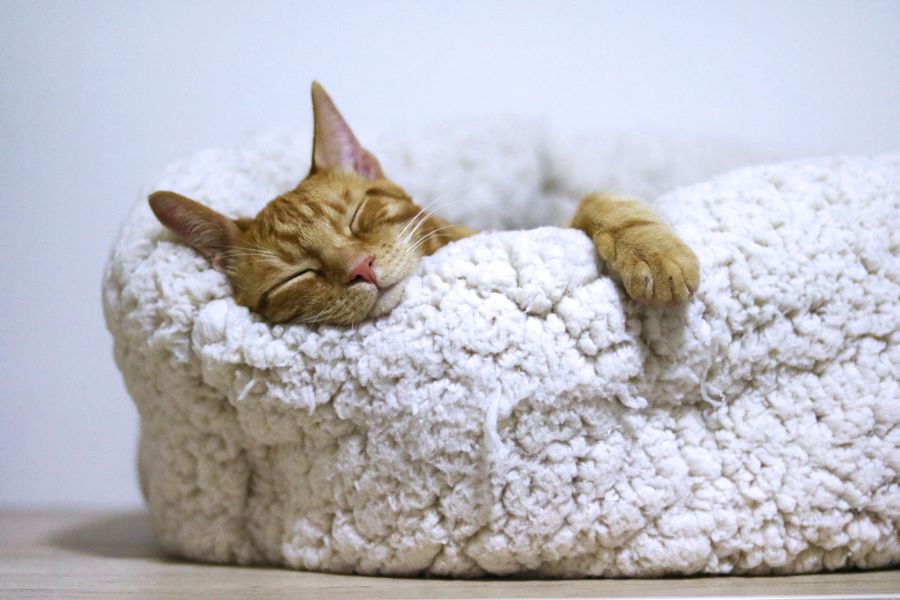

Crafting an Effective Sleep Routine Your Path to Restful Nights and Energized Mornings
In our modern and fast-paced world, establishing a consistent sleep routine has become more important than ever.
Creating a structured bedtime ritual helps signal our bodies and minds that it’s time to wind down, relax, and prepare for a restful night’s sleep. Restful sleep increases cognitive function, supports cardiovascular health, boosts the immune system and consistent restful sleep patterns have been linked to reduced mortality rates.
In this blog post, we will explore ways to help you create a sleep routine that promotes deep, rejuvenating sleep and sets the stage for energized and productive mornings.
RELATED | SLEEP: The Foundation for Healthy Habits
STEP 1: Set a consistent sleep schedule
Start by determining a consistent sleep schedule that aligns with your body’s natural circadian rhythm.
Choose a bedtime and wake-up time that allows for a sufficient amount of sleep (typically 7-9 hours for adults). Aim to maintain this schedule, even on weekends, to regulate your body’s internal clock and optimize sleep quality.
STEP 2: Create a soothing bedtime routine
Design a relaxing and enjoyable routine that helps you unwind before sleep.
This could include activities such as reading a book, taking a warm bath, practicing gentle stretching or yoga, listening to calming music, or engaging in meditation or deep breathing exercises.
Find what works best for you and incorporate it into your nightly ritual to signal to your body that it’s time to relax and prepare for sleep. The point is to create a signal to your body that it is time to go to sleep.
STEP 3: Establish a tech-free zone
Electronic devices emit blue light that can interfere with the natural sleep-wake cycle. Aim to establish a tech-free zone at least an hour before bedtime.
Avoid screens from smartphones, tablets, computers, and televisions during this period. Instead, engage in screen-free activities that promote relaxation and calmness.
While not optimal, you can also use apps, like f.lux, which slowly alters the color of your screen as the sun sets and gradually reduces blue light levels, which can interrupt the signal you are trying to send to your body that it is time to go to sleep.
STEP 4: Create a sleep-inducing environment
Optimize your sleep environment to create a tranquil and comfortable space.
Make sure your bedroom is cool, dark, and quiet. Use blackout curtains or an eye mask to block out any unwanted light, earplugs or a white noise machine to mask disruptive sounds, and a supportive mattress and pillows to ensure physical comfort.
When I go to sleep, I put a cold damp cloth over my eyes. It is, again, a signal to my body that it is time to go to sleep and helps bring me into a restful state.
STEP 5: Consider a (safe) sleep supplement
While this is not the answer for everyone, many people have benefitted from sleep supplements. I have used a supplement called “Last Thing” since August 2023, and it has dramatically helped me.
Last Thing includes two all natural sleep formulas. The first is a sleep support blend of melatonin, hops, L-tryptophan, and GABA marigold extract. The second is a stress defense blend of L-theanine, ashwagandha, lemon balm, and magnesium glycinate.
Instead of taking all three capsules at once, I take one capsule about 45 minutes before falling asleep, then take the second two right before I go to bed. I believe this first capsule is yet another signal to my body that it is time to wind down and prepare to sleep.
STEP 6: Engage in regular physical activity
Regular exercise can promote better sleep quality.
Incorporate physical activity into your daily routine, but aim to complete your workout at least a few hours before bedtime. Engaging in exercise too close to bedtime may leave you feeling alert and energized, making it harder to fall asleep.
For many years, my exercise resource has been BODi. With access to over 30 full programs (from 21 days to 12 weeks), and live and recorded group exercise classes, it makes daily exercise right at home very easy.
STEP 7: Create a sleep-friendly mindset
Establishing a sleep-friendly mindset is crucial for a successful sleep routine.
Manage stress through relaxation techniques, such as journaling, practicing gratitude, or engaging in mindfulness exercises. If racing thoughts keep you awake, try jotting down your concerns or to-do list before bed to clear your mind.
I’m a very competitive person. It’s just who I am. I have a Sleep Number bed, and set goals for my sleep. My goal is to get a score over 80, because when I do I am far more effective in all areas of my life and, again, I’m signaling to my body that sleep is a priority.
See our article on The Importance of Sleep for more information on the benefits from restful sleep.
STEP 8: Monitor and adjust
Pay attention to how your sleep routine affects your rest and make adjustments as needed.
Keep a sleep diary to track your sleep patterns, noting the time you go to bed, wake up, and any factors that may impact your sleep quality. Use this information to fine-tune your routine and make necessary tweaks to optimize your sleep experience.
I use my Sleep Number bed, but there are a wide variety of apps and devices that can help you track the length, depth and restorative benefits of your own sleep.
RELATED | What is Your Sleep Score?
Crafting an effective sleep routine is a valuable investment in your overall well-being.
By establishing consistent sleep and wake times, creating a relaxing bedtime routine, and optimizing your sleep environment, you can pave the way for restful nights and energized mornings.
Remember, finding the routine that works best for you may require some experimentation and adjustments, but the rewards of improved sleep quality and enhanced daily functioning are well worth the effort




